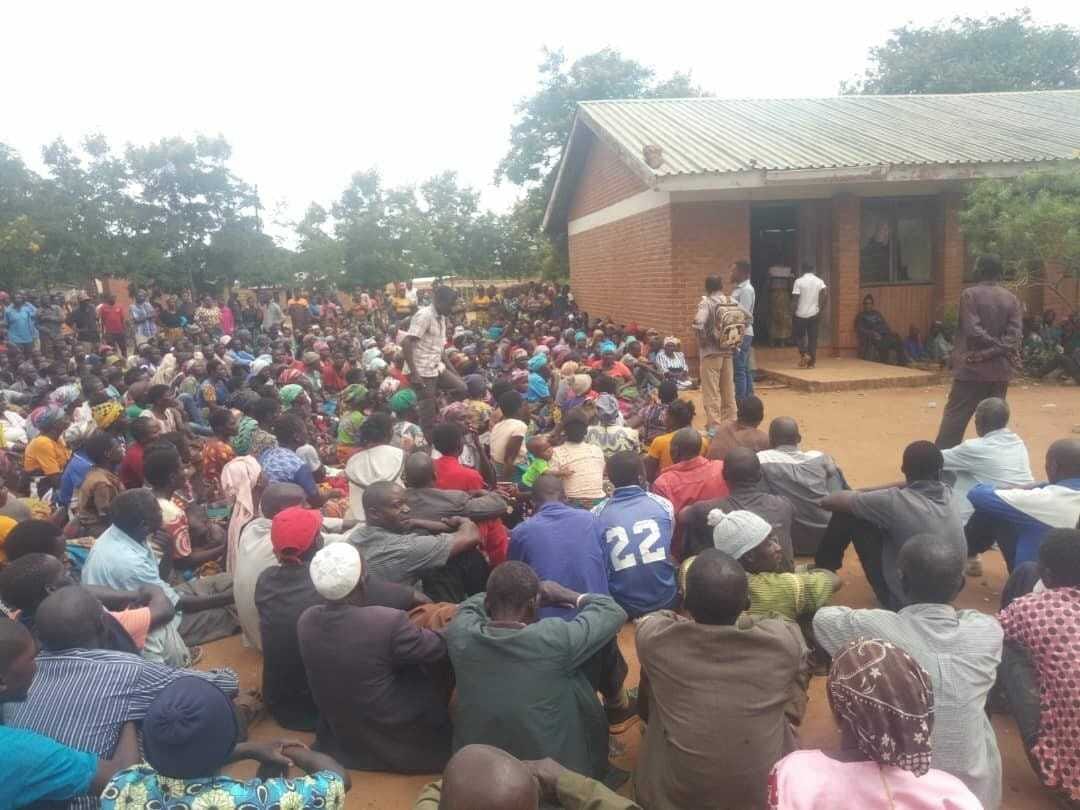
Malawi: The implementation of the 2022–2023 Affordable Input Programme (AIP) has faced numerous challenges, resulting in its failure to deliver the expected results for both the government and beneficiaries, according to the Preliminary Findings of Systemic Investigations on the Affordable Input Programme Implementation for the 2022–2023 Growing Season released by Ombudsman Grace Malera on February 4, 2023, at Mponela, Dowa.
The Ombudsman report indicates that, despite an allocation of K109 billion to target 2.5 million beneficiaries, the programme faced issues with procurement, distribution, sales, and access to inputs, leading to inefficiencies in supply chain management and delivery.
The report also notes that poor planning and a lack of preparedness were also identified as contributing factors to the AIP's failure, with untimely delivery and systemic delays throughout the implementation stages.

Additionally, the report highlights that the government's decision to appoint the SFFRFM as the sole supplier of fertilizer was a good strategy, but the capacity of the SFFRFM to undertake the task is questionable.
The report notes that, according to the Ministry of Agriculture, the redemption rate as of 31st January 2023 was 68.04%, higher than the previous growing season at that period.
However, this increase is not reflected on the ground, leading to the need for further data collection, notes the Ombudsman report.
In summary, the Ombudsman reported that the implementation of the 2022–2023 Agricultural Input Program (AIP) has been hindered by several challenges, such as a limited number of selling points, a limited and late supply of inputs, and a lack of accessibility for intended beneficiaries.
This has led to poor performance of the program and affected the goal of food security and poverty reduction in Malawi.
The Ombudsman recommended that the planning and governance systems for the AIP program be revised to improve responsiveness, accountability, transparency, and effective stakeholder involvement.